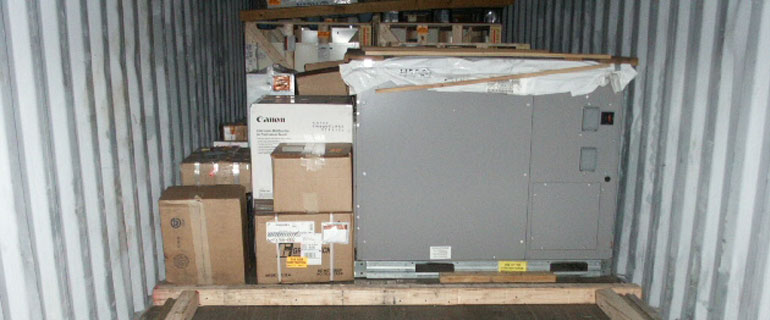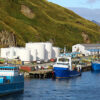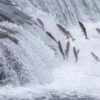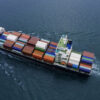Safety of Life at Sea
If you have had any experience with maritime vessels or have ever worked in the freight shipping industry, you are likely familiar with SOLAS. However, even if you have ever taken a cruise, you may have heard of SOLAS. SOLAS stands for Safety of Life at Sea and it is the international maritime treaty that sets minimum safety standards in the construction, equipment and operation of merchant ships.
HISTORY
The very first version of the SOLAS Treaty was passed in 1914 in response to the sinking of the Titanic. Considering how long ships have been sailing the high seas, it’s a bit surprising that there were no safety standards in place until just a little over 100 years ago. Basically, the treaty is an agreement between signatory countries that ships sailing under their flag will follow the standards established by the treaty. These standards include:
-
- The number of life boats required per ship
- The kinds of communication on board that will aid in rescues and planning of ship routes
- Standards for operating in polar waters
These are just a few of the standards that are addressed in the treaty. To see the full set of standards covered in the treaty, go here.
AMENDMENTS
Over the course of its history, there have been four different versions of the treaty; the first was the original version drafted in 1914, the second was in 1929, the third in 1948 and the fourth in 1960. In 1974 it was agreed that any future amendments to the treaty would be automatically adopted unless there were a number of signatory states objecting to the amendments. This SOLAS is referred to as “SOLAS 1974 Amended”, however this one was amended in 2017 to include the latest technology and designs of new ships being built. As amendments have been added over the years, the effectiveness of the safety standards has been proven. For example, between 1966-1985, there were more than 300 ships lost at sea every year. By 1990, this number had dropped to less than 200 per year and according to a report released in 2014, there were only 75 ships lost at sea each year. * (source: SupplyChain)
HOW SOLAS AFFECTS FREIGHT
As freight forwarders, Alaska Air Forwarding is required to comply with SOLAS; specifically, SOLAS VI Regulation 2, which states that every container should have a VERIFIED GROSS MASS (VGM) before it is loaded onto a ship, truck or plane. What this means is that any cargo being shipped must be accurately weighed and declared before it ships. If weight is incorrectly declared, that can lead to accidents on shore and on board the shipping vessel. As weight standards have been implemented into the treaty, this has helped to minimize the problem of mis-declared weight and has served to protect those on-board the shipping vessels.
The misfortunes over the years have been good teachers to the shipping industry and have lead to these standards and amendments that have improved the industry and protected those who make it a success.






